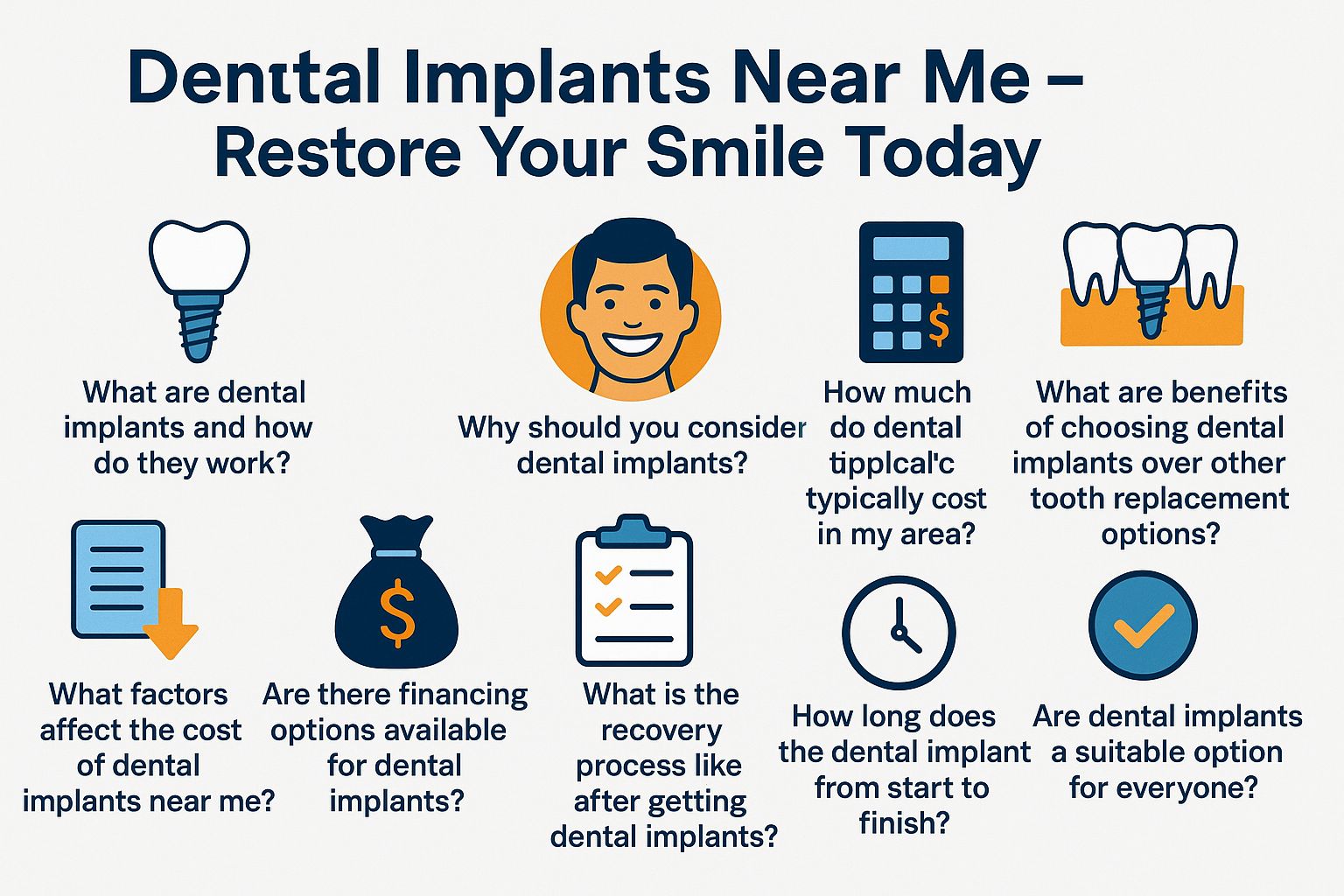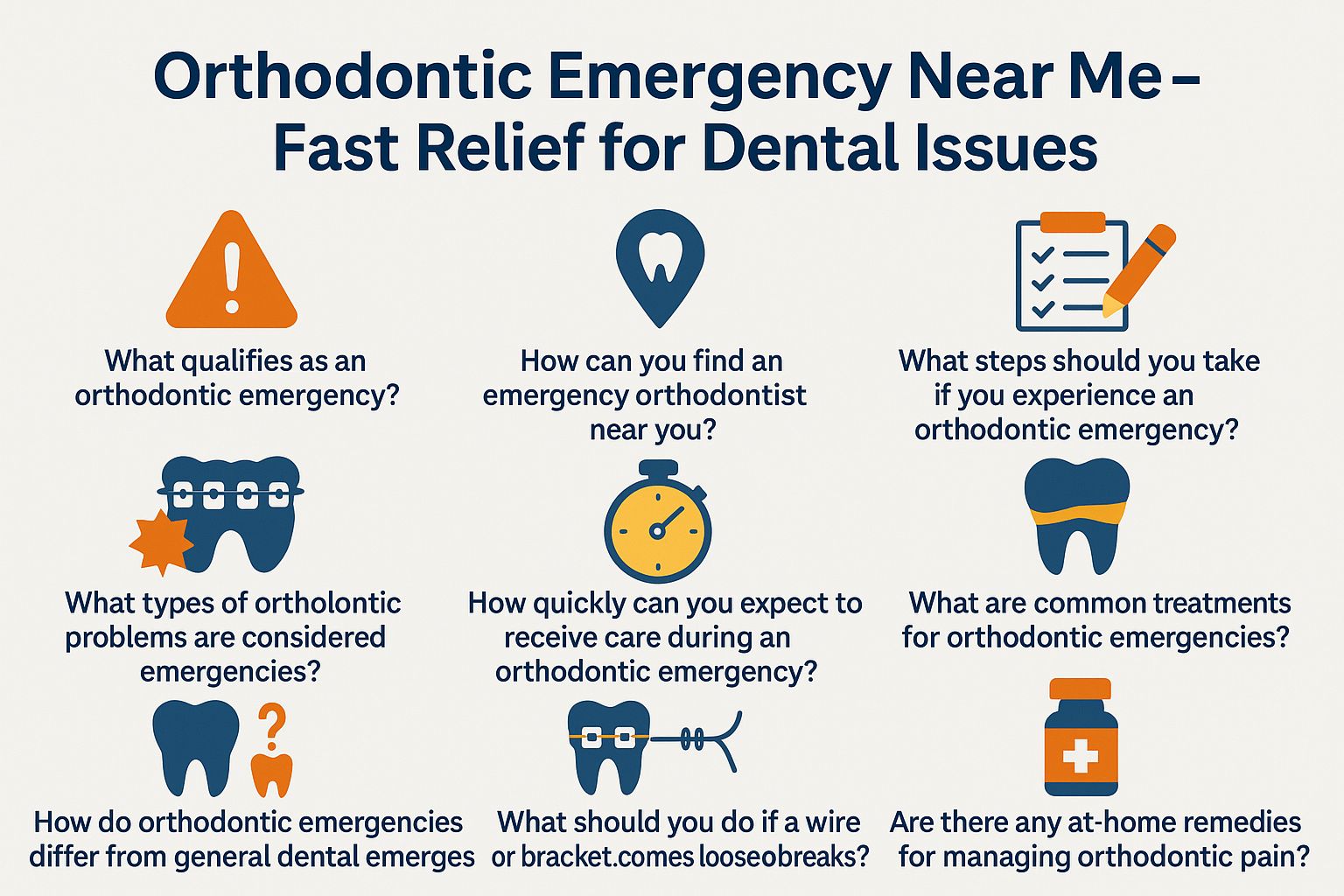Looking for dental implants? Golden Dental Plans is here for you.
Dr. Hopkin leads our expert team, providing comprehensive solutions. We restore your confidence and oral function.
This article covers the benefits of dental implants, the procedure, and why our Golden Dental clinic is the best choice.
What are dental implants and how do they work in restorative dentistry?
Dental implants are a permanent solution for missing teeth. They consist of titanium posts that fuse with the jawbone.
Over three to six months, the implant stabilizes in the jawbone. This creates a strong foundation for the crown.
After osseointegration, we place an abutment on the implant. Then, a custom crown is made to match your natural teeth. Regular follow-up appointments are essential to monitor the healing process and ensure that the implant system is functioning as intended.
Why should you consider dental implants to restore your smile and dental aesthetics?
Dental implants can greatly improve your appearance and self-esteem. They look natural and resemble original teeth.
Many patients report significant psychological benefits. For example, Todd B. felt ‘freer and more confident’ after his implants. Similarly, Tasha C. expressed that her new smile enabled her to pursue opportunities she previously avoided.
Dental implants boost self-image and encourage social interactions. Patients enjoy their favorite foods again and feel more comfortable in both personal and professional settings.
How much do dental implants typically cost in my area?
Dental implant costs range from $3,000 to $4,500 each. Prices vary by location and dental practice.
In the Midwest, consultation fees range from $150 to $300. Coastal areas have higher prices, averaging around $400 and imaging costs approximately $800.
Check with your insurance provider. Some plans may partially cover braces or dental implants if deemed medically necessary, ensuring a patient-focused care approach.
Additionally, many dental practices offer financing options to help patients manage out-of-pocket expenses.
What factors affect the cost of dental implants near me?
Many factors affect the cost of dental implants, including the complexity of the procedure and materials used.
Consider the type of implant. For example, Nobel Biocare implants are durable but may cost more. Additionally, supplementary procedures, such as bone grafting, can considerably increase costs, particularly if extensive preparation is necessary.
Location matters. Urban practices often charge more due to higher overhead costs.
Are there financing options available for dental implants?
What financing options exist for dental implants?
Many dental clinics offer financing options like CareCredit. This helps patients manage dental implant costs through structured monthly payments.
In addition to CareCredit, many clinics offer in-house payment plans. These plans cater to individual financial situations.
For instance, SmileDirectClub offers a financing plan that lets patients spread costs over 12 months without interest. This makes budget management easier.
Some insurance plans may cover part of the dental implant costs. Patients should verify their eligibility.
Clinics like Aspen Dental and ClearChoice offer various financing options. This helps patients find solutions that match their financial capabilities.
Why Choose Dental Implants Over Other Tooth Replacement Options?
Dental implants offer several advantages over traditional options like dentures and bridges. They provide better comfort and last longer.
Bridges rely on adjacent teeth for support. This can compromise the health of those teeth.
Studies show that 95% of dental implant patients are satisfied with their results. In contrast, only 70% of denture patients feel the same.
Dental implants also help prevent bone loss, a serious risk linked to dentures and bridges.
Duration of the Dental Implant Procedure
The dental implant procedure usually takes several months. It spans from the initial consultation to the final crown placement, averaging 4 to 6 months.
The process starts with a consultation to assess dental health and discuss options. This typically lasts about an hour.
Next, the implant is placed in a procedure lasting 1 to 2 hours, where a titanium post is inserted into the jawbone.
This is followed by a healing period of 3 to 6 months, allowing the bone to integrate with the implant.
Placing the abutment and crown takes about an hour. This restores both functionality and aesthetics to the smile.
Maintaining open communication with the dentist is crucial for a successful outcome.
Understanding the Recovery Process After Dental Implants
Recovery from a dental implant procedure includes several stages. It varies based on individual health and case complexity.
Immediately after the procedure, focus on post-operative care.
In the first week, eat soft foods like yogurt and smoothies. Avoid hot or crunchy foods to prevent irritation.
Schedule follow-up appointments at one week, one month, and three months after the procedure. This monitors healing and the integration of the implant.
During recovery, watch for signs of complications, such as excessive bleeding, persistent pain, or swelling that worsens after three days.
Address any concerns with the dentist promptly to ensure a smooth recovery.
Who Can Get Dental Implants?
Dental implants offer many benefits but may not suit everyone. Specific medical conditions or inadequate jawbone density can affect candidacy.
Ideal candidates for dental implants are over 18 and in good health. They should not have uncontrolled diabetes or conditions like osteoporosis that hinder healing.
A thorough evaluation of jawbone quality is crucial. If the bone is too thin or soft, a bone graft may be needed for stability.
If someone does not qualify for implants, alternatives like dentures or bridges provide practical solutions while maintaining aesthetics.
Consulting with a dental professional helps determine the best option based on individual health profiles.
Potential Risks and Complications of Dental Implants and Oral Surgery
Dental implants are generally safe but do carry risks like infection, nerve damage, and implant failure. Selecting a skilled provider is crucial.
Start with a thorough dental exam to assess your jawbone and oral health. This helps reduce risks. If anxiety is a concern, considering sedation dentistry may enhance patient comfort during the procedure.
It is important to choose a board-certified oral surgeon specializing in implants. Review patient feedback, including from the Utah Smile Clinic, about their satisfaction with the surgeon’s services.
Post-operative care is vital. Follow your dentist’s instructions, take prescribed antibiotics, and maintain good oral hygiene to reduce infection risk. Any unusual pain or swelling should be addressed promptly to prevent complications. Consider consulting with Mill Creek Family Dentistry for comprehensive care and to accommodate complex needs.
Finding Qualified Dental Implant Specialists Near Salt Lake City
To find a qualified dental implant specialist, check their credentials, read patient reviews, and assess consultation experiences. This ensures you receive optimal care.
Begin by verifying the specialist’s credentials through recognized organizations such as the American Board of Oral and Maxillofacial Surgery or the American Academy of Implant Dentistry. Verify if they use advanced technology like 3D imaging for better outcomes.
It is advisable to seek patient testimonials on reputable platforms like Healthgrades or Yelp to evaluate satisfaction rates. Consider testimonials from patients like Todd B, Tasha C, and Barney M for a more personalized patient experience.
Schedule consultations with at least three specialists. This lets you evaluate their methods and communication styles.
Inquire about their experience with specific procedures and review pre-and post-treatment photographs to confirm that their style of work aligns with your expectations.
Qualifications and Experience of a Dental Implant Provider
Your dental implant provider must have specific qualifications, such as board certification and extensive oral surgery experience, to ensure success. Plus board certification from the American Board of Oral and Maxillofacial Surgeons, the provider should have advanced training in implantology and a demonstrated track record of successful procedures.
To facilitate your evaluation process, use this checklist to evaluate your provider:
- Verify their board certification and any specialized training.
- Request before-and-after photos of previous patients.
- Inquire about their success rates and complication statistics.
- Seek patient reviews or testimonials.
This comprehensive approach will instill confidence in your dental implant journey and help restore confidence in your smile.
Preparing for Your Dental Implant Consultation
Preparation is key for a successful dental implant consultation. This ensures all your questions are answered. Discuss options like implant-supported dentures and insurance providers during your dental consultations.
To optimize the consultation experience, it is advisable to bring important documents such as:
- Medical history records
- A current list of medications
- Any questions related to the treatment and aftercare
Discuss financial options with your dentist since dental implant costs can vary significantly.
Taking notes during the appointment can aid in retaining key information and advice, ensuring that you depart with a clear understanding of the subsequent steps in your dental journey.
What to Expect During the Dental Implant Procedure
During the dental implant procedure, expect a systematic process. This includes anesthesia administration, titanium implant placement, and thorough follow-up care for comfort and success.
The process starts with a pre-operative consultation lasting 2 to 3 hours. During this time, dentists review the patient’s medical history and create a personalized plan for the procedure.
After the consultation, anesthesia-either local or sedation-is given. This helps ensure a comfortable experience during the implant placement, which usually takes 30 to 90 minutes.
After the implant is successfully placed, patients receive detailed post-operative care instructions.
These guidelines include pain management strategies and dietary recommendations.
Many patients report minimal discomfort thanks to advanced anesthetic techniques. Following the care instructions is key to a smooth recovery.
Dental Implants vs. Dentures and Bridges
Dental implants offer clear advantages over dentures and bridges. They provide a durable and visually appealing solution for missing teeth.
Dental implants have many benefits, and longevity is one of the most important.
Comfort is also crucial. Many patients find that implants feel more natural than the discomfort typically linked to dentures. Maintenance varies; implants require regular dental hygiene practices similar to those for natural teeth, while dentures need daily cleaning and soaking.
One patient who received dental implants expressed satisfaction by stating, “I can eat anything without worry, something I never experienced with my dentures.”
What aftercare is required to maintain dental implants?
Proper aftercare is vital for the longevity of dental implants. Key practices include maintaining oral hygiene and scheduling regular check-ups.
Effective aftercare greatly influences the success of the implants. It is advisable to begin with regular brushing and flossing to eliminate plaque buildup effectively. Additionally, incorporating an antibacterial mouthwash can further diminish bacterial presence in the oral cavity.
Scheduling dental check-ups every six months is crucial to ensure the health of the implants; during these visits, your dentist can identify any potential issues at an early stage. Furthermore, it is prudent to avoid hard foods during the healing phase to prevent any possible damage to the implants.
Using an app to track your oral hygiene can help you stay consistent and monitor your progress.
Improving Oral Health and Quality of Life with Dental Implants
Dental implants greatly improve oral health and quality of life. They restore proper function and boost confidence in smiles.
Individuals who receive dental implants frequently report marked improvements in their ability to chew and communicate effectively. Research shows that 95% of patients are satisfied after the procedure. They appreciate the aesthetics and natural look compared to traditional dentures.
Moreover, dental implants play a crucial role in stimulating jawbone health, thereby preventing bone loss that can occur due to missing teeth. A properly placed implant also helps maintain facial structure, mitigating the sunken appearance commonly associated with gaps in dentition.
In summary, dental implants offer both functional and aesthetic benefits. They restore dental function and appearance, boosting self-esteem and encouraging social interactions.
Alternatives to Dental Implants for Tooth Restoration
Dental implants are a popular choice for tooth restoration. However, there are alternatives like dentures and dental bridges. Consider holistic materials and restorative dentistry for comprehensive care.
Dentures come in two types: complete, which replace all teeth, and partial, which fill gaps left by missing teeth.
Dentures are usually more affordable, costing between $300 and $3,000. However, they may need replacement every 5 to 10 years.
Dental bridges come in two types: fixed and removable.
Fixed bridges last about 10 to 15 years. They can be costly, ranging from $2,000 to $5,000. Resin-bonded bridges are less invasive and last about 5 to 7 years. The cost is around $1,000 to $1,500.
Choose the option that best fits your dental needs and budget.
Frequently Asked Questions
What are dental implants and how can they restore my smile?
Dental implants are titanium tooth roots surgically placed in your jawbone. They act as a strong and stable foundation for replacement teeth, which can restore your smile by filling in gaps and improving your overall dental function.
Am I a good candidate for dental implants near me?
You are a good candidate for dental implants if you have missing teeth, good oral health, and enough jawbone to support the implant. Your dentist will be able to assess your individual situation and determine if implants are the best option for you.
How long do dental implants near me last?
Dental implants can last a lifetime with proper care and maintenance. They are designed to be a long-term solution for missing teeth and can withstand daily wear and tear, just like natural teeth.
What is the process for getting dental implants near me?
Getting dental implants starts with a consultation with your dentist, followed by a surgical procedure to place the implant into your jawbone. After a healing period, a connecting piece called an abutment is attached to the implant, and a custom-made crown is placed on top to complete the restoration.
Are dental implants near me painful?
Most patients feel little to no pain during the dental implant procedure at Utah Smile Clinic. Your dentist, such as Dr. Hopkin, will use local anesthesia to numb the area, and you may experience some soreness or discomfort after the surgery. However, this can be managed with over-the-counter pain medication and typically subsides within a few days. Comfort dentistry techniques can also aid in reducing dental anxiety.
Can I get affordable dental implants near me, such as those offered by Mill Creek Family Dentistry or Smile Klub Dental?
Many dental offices offer payment plans and financing options, making dental implants more affordable. It’s important to discuss your budget and options with your dentist to find a solution that works for you, including restorative dentistry options like Crowns and bridges.




